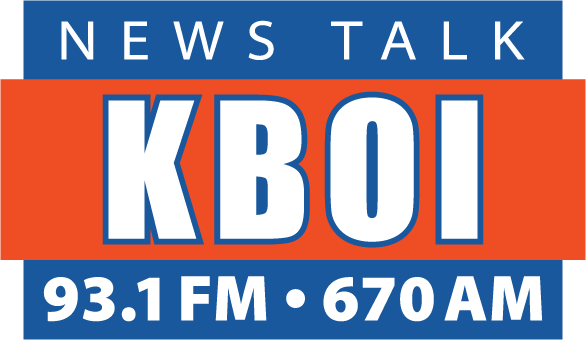For most of the U.S., the clock goes back one hour on Sunday morning, as we “fall back” for daylight saving time.
Many of us appreciate the extra hour of sleep.
But for millions, that gain won’t counter the inadequate sleep they get the rest of the year. About 40% of adults get less than the recommended minimum seven hours per night.
Some researchers are concerned about how the twice-a-year time switch impacts our body’s physiology.
The American Academy of Sleep Medicine now wants to replace daylight saving time with a move to a year-round fixed time.









